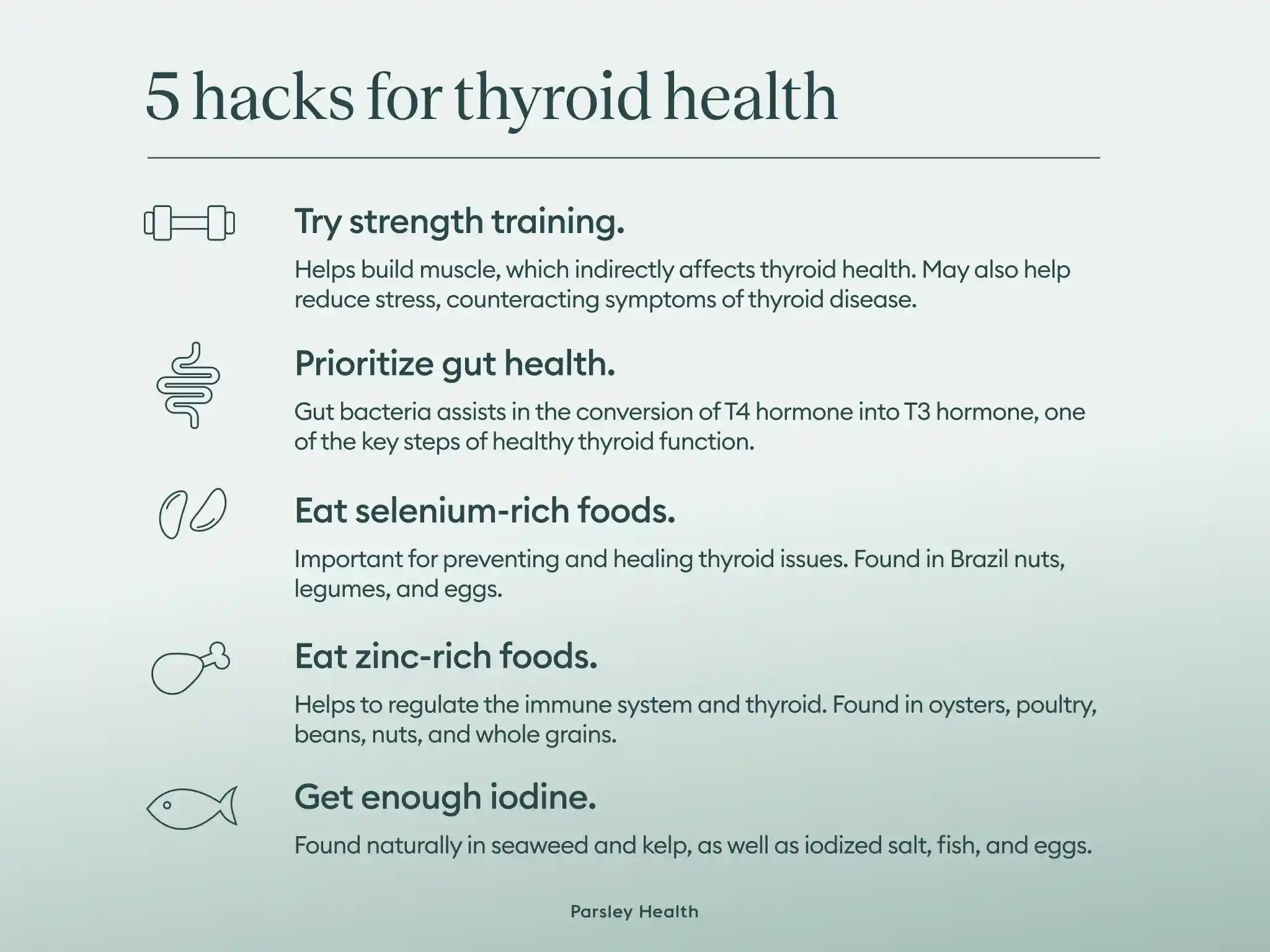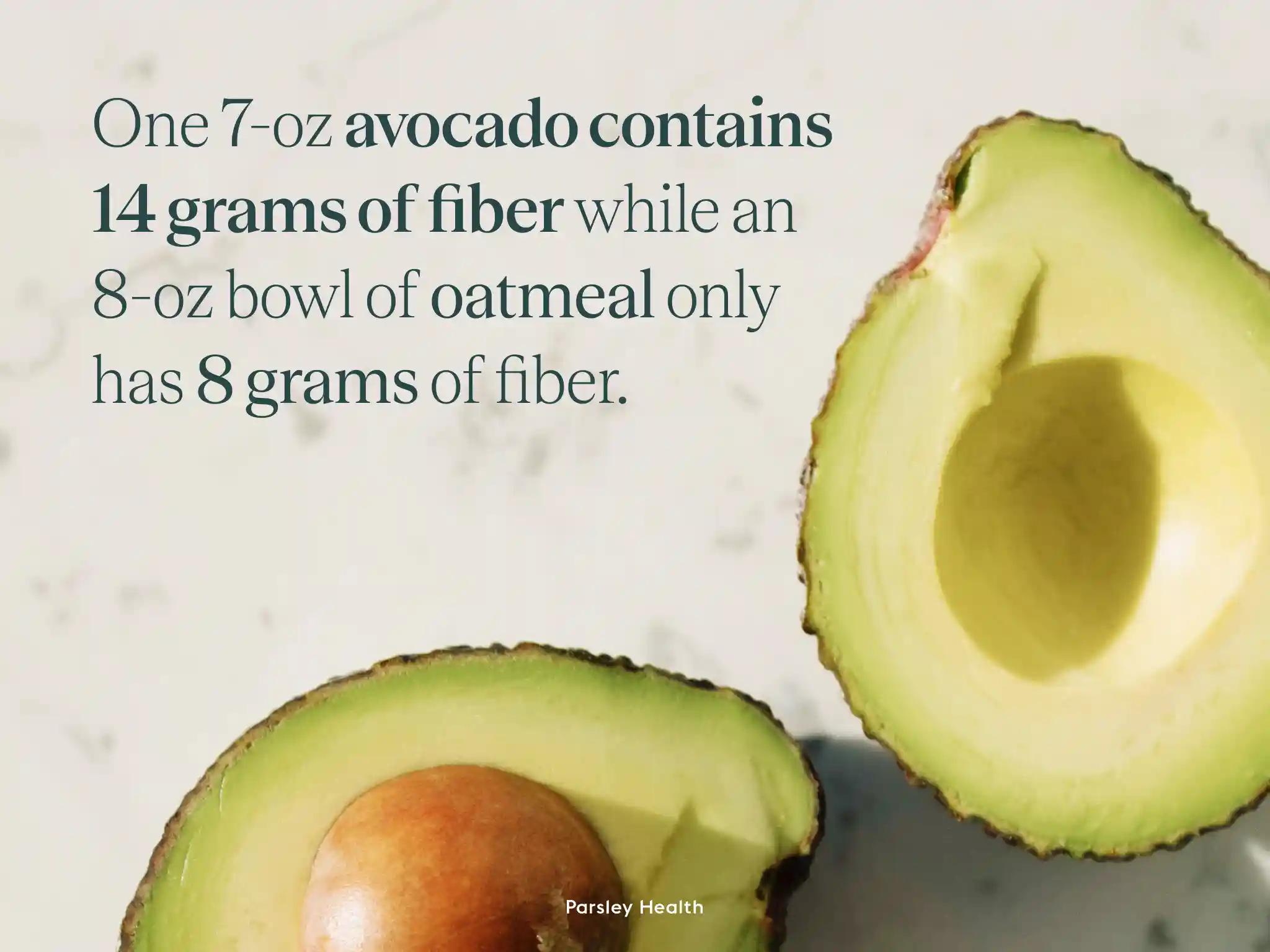This article has been medically reviewed by Nisha Chellam, MD and Jaclyn Tolentino, D.O. It contains additional reporting by Jennifer Chesak.
Even though I eat a healthy diet most of the time and organize my social life around yoga class, I still occasionally feel heavy and tired. Why does my body feel heavy?
Feeling heavy can be a result of stress. Let’s face it. I'm a startup founder, physician, and mama, so sometimes life gets hectic.
Other times my body feels heavy because I fell down the social rabbit hole called cocktail hour the night before. I find that even one drink affects my sleep, digestion, and metabolism.
Spending too much time at my computer and not getting enough physical activity can also tank my energy levels and leave me feeling sluggish.
Feeling low energy can manifest in a few ways. Maybe your chest, head, or legs feel heavy. Or maybe you have a general sense of fatigue or malaise.
Many factors can play a role. Read on for more reasons why your body might feel heavy and how to optimize your activities, digestion, and mindfulness practices to feel lighter and more energized.
Why does my body feel heavy in the first place?
Pinpointing, on your own, exactly why you might have an ongoing or sudden feeling of heaviness can be difficult. You could have an underlying condition related to your thyroid, metabolic health, or even your mental health.
If any of the following symptoms or lifestyle factors sound familiar, you may wish to schedule a free call with a Parsley Health provider to learn how we can help you.
Thyroid condition
An underactive thyroid (hypothyroidism) can slow your metabolism and contribute to feeling heavy and sluggish.
A thyroid imbalance can slow metabolic processes in the body, including digestion. Gastrointestinal issues like bloating and constipation may result. Hypothyroidism can even cause difficulty with weight management.

Food intolerances
Allergies or intolerances to common ingredients, like dairy and gluten, can trigger inflammation. A food sensitivity could be why your body feels heavy and bloated.
Intolerances can make breaking down certain ingredients more difficult for your GI tract, leading to gas, bowel movement irregularity, and more.
Insulin resistance
Insulin resistance could be another reason why your body feels heavy. Insulin resistance is present when someone has prediabetes or Type 2 diabetes. However impaired insulin signaling can occur many years before these conditions show up on various glucose tests.
When the body is insulin resistant, cells resist the action of the hormone insulin. This hinders glucose—the fuel the body produces from consumed carbohydrates—from moving out of the bloodstream and into cells.
When glucose is unable to get into your cells, you’re likely to feel heavy, fatigued, and sluggish. Glucose is essential for your cells to carry out their regular processes and create energy. If you have insulin resistance, the body is less efficient at producing energy, leaving you feeling heavy and tired.
Poor diet
A diet low in protein, healthy fats, or essential vitamins and minerals can lead to fatigue.
Ultra-processed foods can also lead to feelings of heaviness because of their impacts on metabolism and their association with disease processes. They also drive inflammation. And they can lead to nutrient deficiencies because they are often void of healthy nutrients.
Low iron
Your iron levels might be a factor in feeling fatigue. Without sufficient iron, your body lacks what it needs to produce hemoglobin, a molecule that helps distribute oxygen throughout the body. Without being adequately oxygenated, you might feel a noticeable lack of energy.
An iron deficiency is one cause of anemia. Anemia is a blood disorder in which your body lacks enough healthy red blood cells or hemoglobin to transport oxygen to tissues.
Cancer treatments, such as chemotherapy and radiation, can also contribute to iron deficiency, according to the National Cancer Institute.
Get your levels checked through your provider to confirm a deficiency before supplementing with an appropriate dose of iron. Too much iron can be toxic.
Vitamin deficiency
A vitamin deficiency can also leave you feeling sluggish.
Vitamin B12 plays a role in energy metabolism. So a deficiency in this vitamin may leave you feeling lackluster. A vegetarian or vegan diet, several health conditions, certain medications, and nutrient absorption issues may contribute to a B12 deficiency. You can get B12 from animal products. A key vegan source is nutritional yeast.
A vitamin D deficiency can also lead to fatigue, brain fog, and muscle weakness. You can be deficient in vitamin D due to diet, lack of sun exposure on skin, or an issue with nutrient absorption.
Get your levels checked through your provider to confirm a vitamin deficiency before supplementing with an appropriate dose in a way that your body can properly absorb the nutrients you need.
Dehydration
The human body is 55 to 65 percent water. A lack of energy or feeling sluggish can result from dehydration.
Depression
A feeling of heaviness can also have a connection to your mental health. Symptoms of depression may include a lack of energy.
External factors can be at the root of depression. Internally, however, depression is linked to an imbalance of neurotransmitters, such as dopamine, serotonin, and norepinephrine.
These neurotransmitters help regulate energy, appetite, motivation, and pleasure. So when you're depressed, you may feel tired, unmotivated, and not like yourself.
Anxiety
If you struggle with persistent anxiety, you may feel jittery or panicky in the moment. But chronic anxiety can leave you feeling depleted due to anxiety's associations with chronic stress.
Stress
Chronic stress can affect certain processes in the body and add to feeling heavy.
When the sympathetic nervous system, your fight-or-flight mode, is constantly activated, you can produce too much cortisol, a stress hormone released by the adrenal glands.
Fight-or-flight mode suppresses your rest-or-digest mode, which can lead to GI issues that make you feel heavy. The long-term effects of chronic stress can also lead to fatigue.
Over-production of cortisol can be related to several underlying conditions, including Cushing disease, which may involve a tumor of the adrenal gland or use of steroids.
If you regularly feel unexplained heaviness or fatigue, you may wish to have your stress hormone levels evaluated.
Fatigue
Fatigue in general can leave you feeling weighed down. Fatigue can have multiple root causes, from sleep disorders to respiratory conditions. If you're experiencing regular and unexplained fatigue, be sure to talk to your doctor.
Lack of exercise
The more you move your body, the more energy you may feel. That may seems strange, since physical activity expends energy. However, exercise has long been associated with a reduction in fatigue and an increase in vitality.
Physical activity's ability to boost energy could be for several reasons. Exercise improves insulin sensitivity. It releases endorphins, or feel-good chemicals. And over time it can make everyday tasks, like climbing stairs, toting groceries, or just getting around, easier, leaving you with more energy for the fun aspects of life.
Poor sleep quality
Sleep allows the body to recuperate. But if we get inadequate sleep or face constant sleep disruptions, next-day fatigue and heaviness can result. A lack of quality and quantity sleep may be because of shift work, jet lag, caring for an infant or small children, and more.
If you're experiencing unexplained poor sleep, be sure to seek an evaluation from your doctor for any underlying conditions, such as sleep apnea.
Tips for when you’re feeling heavy, tired, and sluggish
Exercise to clear your mind
Whenever I feel stressed, frustrated, hungover, tired, anxious, or sad, I return to my mat.
My yoga practice reminds me of who I am and why I’m here. It stimulates my parasympathetic, or rest-and-digest, side of the nervous system.
Find what types of exercise work best for you and your lifestyle. Then commit to moving for at least 150 minutes a week. Talk to your doctor before starting a new exercise regimen.
Improve your diet
Healing really begins from the inside, so what you eat truly matters. At Parsley Health, we recommend a core diet that’s gluten-free and dairy-free (for people with sensitivities), and heavy on plants.
I find this style of eating extremely nourishing and look forward to jump-starting my day with our Avocado Power Smoothie recipe, which includes Parsley’s delicious vegan protein with 26 grams of protein.

When it comes to lunch and dinner, I’ll turn to protein and veggie-packed recipes.
When I’m too busy to cook, I’ll have wild sockeye salmon over greens, or a plate of roasted veggies from an organic takeout spot. I also make sure to hydrate with my favorite go-to kombucha from Pilot and lots of water.
Try gut health-boosting supplements
Since unhealthy digestion can be a source of why you’re feeling heavy and bloated, you may need more than just whole foods to troubleshoot.
Supplements may be a key part of your full-body reset. I recommend gut-healing supplements like our 30 billion-count Parsley Probiotic with the most studied and proven beneficial strains, and a vegan digestive enzyme to help you absorb nutrients.
Find a meditative practice
Setting aside time each day for a meditative practice, whether it’s writing down what I’m grateful for or simply sitting still, has been integral to maintaining my mental well-being. Practices like meditation can lower cortisol levels.
I like to set 20 minutes aside each day to meditate, but when I’m pressed for time, I’ll commit to at least 10 minutes and then write a gratitude list.
Sometimes I'm grateful for simple things, like my husband’s cooking. Sometimes I focus more on the big picture, like being part of a supportive community.
If you’re new to meditation, start small with just five minutes a day and aim for consistency.
To keep me on track and hold myself accountable during times when I’m feeling heavy, tired, and even weak, I rely on our 7 Day Total-Body Breakthrough. The recipes, workout plan, and gratitude journal are easy to follow and keep me from having to think too hard about being healthy.
Some people may need more personalized care. If you need to figure out what’s causing digestive problems, like gas and bloating, we recommend getting to the root of food sensitivities and healing inflammation.
A Parsley medical provider can run specialty diagnostic tests, including hormonal, gut health, cortisol, and nutrient testing, all of which can help uncover the underlying cause of your lack of energy.
Then, your doctor can review those test results with you and tailor a treatment plan of supplements, lifestyle changes, and nutrition.
Keep a journal to track patterns around when these symptoms arise to get a better idea of the root cause. Your health coach can then review your journal so you can discuss any patterns together and make the necessary adjustments to your health habits.
Once you work with your Parsley providers to target your symptoms with nutrition and changes in your lifestyle, you’ll experience the reset your body has been craving. And that heavy, tired, sluggish feeling will resolve.

